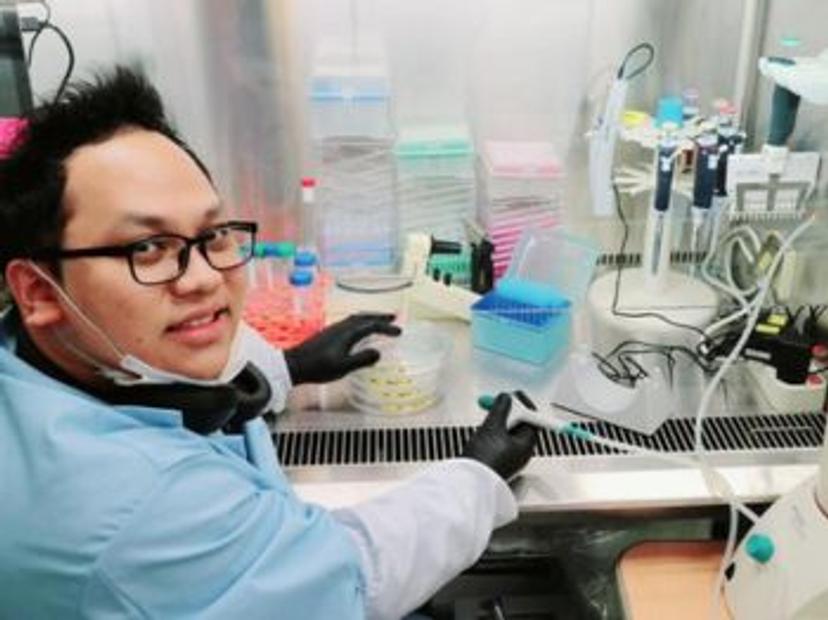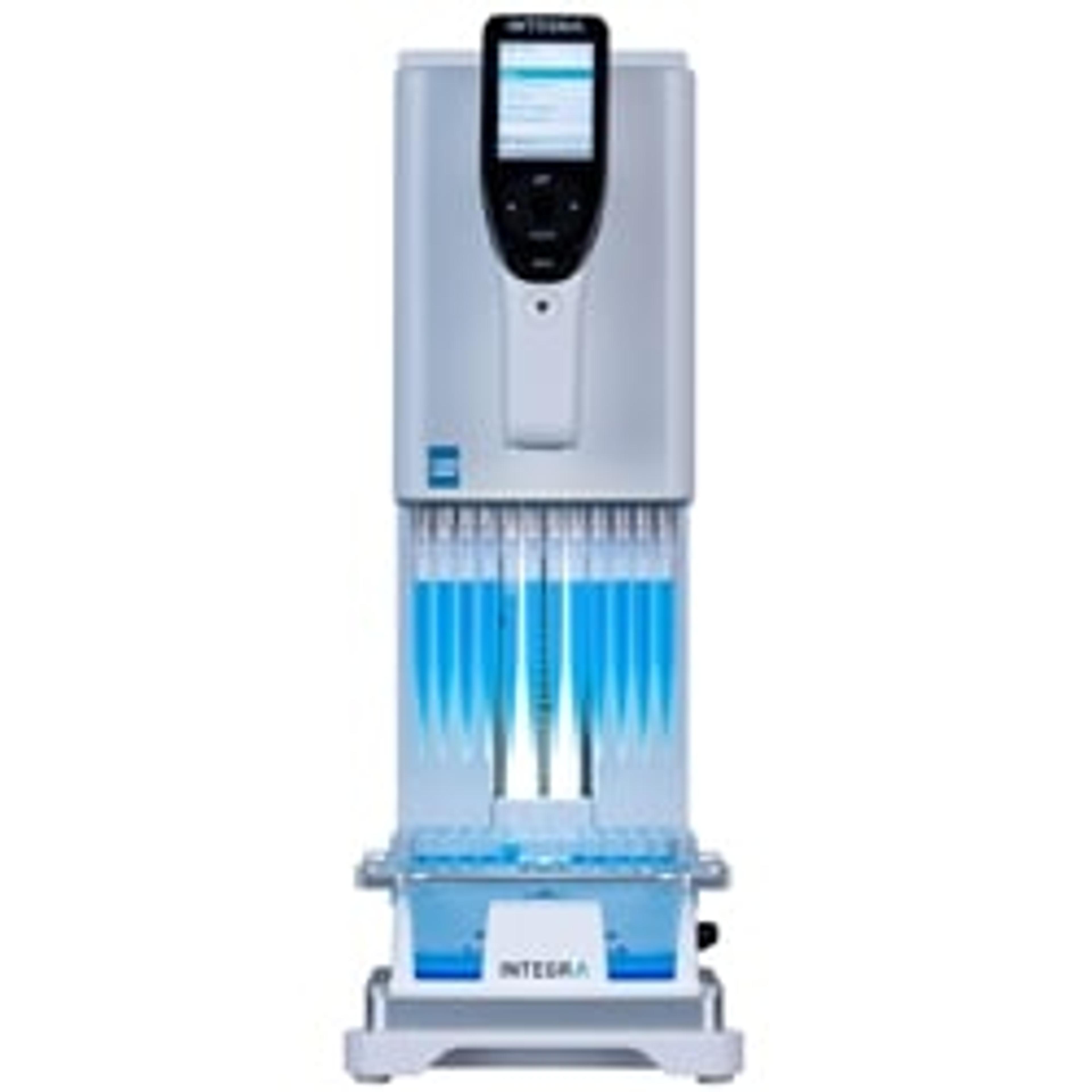Technician’s best friend – solving the dog epigenome to advance oncology
Learn how researchers at Seoul National University are using vacuum aspiration systems to streamline their NGS workflows
12 Sept 2023

Researchers in the College of Veterinary Medicine at Seoul National University are using vacuum aspiration systems from INTEGRA Biosciences to streamline their next-generation sequencing (NGS) workflows for comparative oncology. These instruments are helping the team to perform finely controlled microvolume aspiration of organoid cultures, accelerating their efforts to use animal models for the study of animal and human diseases.
Accelerating canine cancer research
The Cho Lab, within the College of Veterinary Medicine, studies naturally occurring tumors found in domesticated dogs as part of its translational research, with the aim of advancing understanding of cancer pathogenesis in both animals and humans. Veterinary medicine is lacking the huge volume of NGS data that has transformed human cancer research, and the Korean lab has published the first mapped epigenome of the domesticated dog in a bid to similarly expand the number of canine NGS datasets1. They are now using this data to study cancer biology using organoids, enabling meaningful observations as part of a comparative medicine strategy.
Aspiration systems for efficient and accurate organoid maintenance
Researchers within the Cho lab are using the INTEGRA VACUSAFE safe aspiration system and the INTEGRA VACUSIP portable aspiration system for various steps in cell culture management, sample extraction and NGS library preparation. Borris D. Aldonza, facility manager for the lab, explained, “Our core interest is studying the biological development of naturally occurring cancers in non-human mammals, and our place within the College of Veterinary Medicine gives us access to many diverse samples. One of our daily tasks is microvolume aspiration, and the compact VACUSAFE and VACUSIP systems enable a finely controlled aspiration technique, providing the accuracy needed to support our NGS work, including in our successful publication of the first reference epigenome of the domesticated dog.”
The Cho Lab is using organoid cultures to study how the dog epigenome changes during cancer progression. Borris continued, “We are generating organoids from cancer-stricken canine models to provide the missing link – the primary data – to enable more reliable, dog-centric treatment decisions, and more meaningful observations on comparison with human organoids. All our benchtop cell culture instruments – including the vacuum aspiration systems – are used in our organoid research, including cell culture, culture maintenance, and basic sampling-related activities. I had previously worked with INTEGRA’s vacuum aspiration systems and, when choosing the initial equipment to set up our facility, I knew that we wanted them for our cell culture space.”
“Our previous aspiration system used a foot pedal to control aspiration, which meant we often unintentionally aspirated the organoids along with the waste liquid. In contrast, the VACUBOY vacuum hand operator on the VACUSAFE features a finger-activated valve that precisely regulates vacuum flow, enabling sensitive fingertip control. The VACUSAFE also has multiple vacuum intensity settings that allow us to control the amount of suction force, which is ideal for the gentle handling of precious samples like our organoids. Since we can control the aspiration speed so well, the accuracy of aspirating microvolumes has markedly improved. The VACUSIP is perfect for daily microvolume aspiration tasks, as it allows us to aspirate any remaining liquid from the samples – which is simply unachievable by manual pipetting – and saves us a lot of time for our microplate- and PCR plate-based samples,” he added.
Future expansion helped by INTEGRA’s products
“We now plan to expand the lab, to increase our cell culture capabilities and organoid research projects, and we anticipate acquiring more aspiration systems from INTEGRA to aid this growth. In addition, the lab is keen to introduce more streamlined liquid handling systems to help manage our increasing workload. The MINI 96 portable electronic pipette will be a perfect candidate to support this, particularly as we aim to provide a wealth of drug screening data for thousands of small molecules against both canine- and human-derived organoids. INTEGRA’s products have helped us to achieve great feats so far, and we plan to keep moving the field of comparative oncology forward using this robust and reliable equipment,” Borris concluded.
References
Son KH, Aldonza MBD, Nam AR, et al. Integrative mapping of the dog epigenome: reference annotation for comparative inter-tissue and cross-species studies. bioRxiv. Published online July 22, 2022 doi:10.1101/2022.07.22.501075

